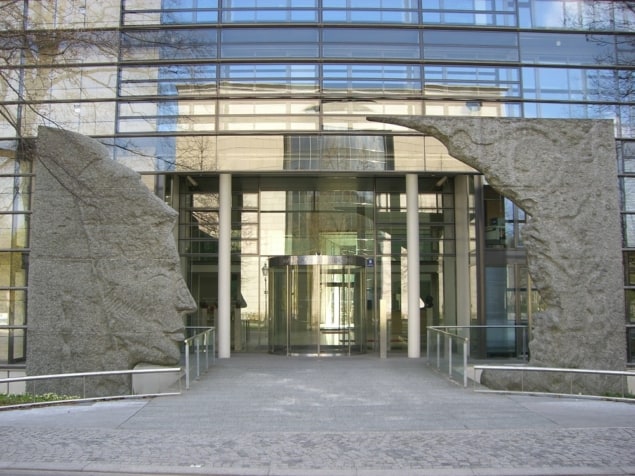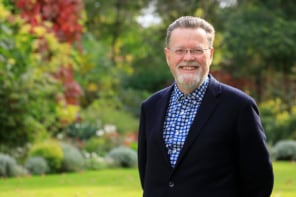
A high proportion of foreign scientific personnel at institutes belonging to the Max Planck Society (MPS) in Germany feel that they are being ignored or excluded. That is according to a survey commissioned by the society, which also found that bullying and sexual discrimination occur regularly within MPS institutions.
The MPS, which conducts basic science, consists of 84 world-leading scientific institutes, five of which are outside of Germany. Of the over 23 000 staff that the MPS employs, around a third are scientists. About 30% of all employees are from outside Germany with 40% of its directors, 50% of its PhDs and 75% of its postdocs coming from abroad.
The survey was commissioned by the MPS following allegations last year of bullying at two MPS institutes – the Max Planck Institute for Astrophysics in Garching and the Max Planck Institute for Human Cognitive and Brain Sciences in Leipzig. The survey was conducted in February and March by an independent research team from the Fraunhofer Center for Responsible Research and Innovation in Berlin. Some 12 349 MPS staff members participated in the survey with responses from 9078 participants deemed valid enough to be included in the analysis.
Ultimately, we want to create an environment where everyone can realise their potential
Martin Stratmann
The survey revealed that the group atmosphere and leadership culture at Max Planck institutes was “generally positive”. Some 82.8% of scientific staff felt that their immediate superiors were friendly, with 84.7% feeling respected by their bosses while 84.4% were willing to put in “maximum effort” for the success of their institutes.
However, a tenth of respondents had experienced bullying in the workplace over the previous year. When asked if they had ever experienced bullying, the figure rose to 17.5%. In addition, during the previous 12 months, 3.9% of all respondents had experienced some sexual discrimination. The MPS notes in a statement that this is “below average internationally”, comparing it to the outcome of a report by the US National Academies of Sciences, Engineering and Medicine, which “states a value of 20% in this area”.
View from outside
Another worrying trend from the survey is the difference between the responses of German and non-German staff. Some 37.3% of scientists from non-European Union (EU) nations and 45.2% from other EU nations had experienced being “ignored or excluded”. This compared to 28.1% for German researchers. And 8% of female scientists and researchers from other EU nations and 10.4% from non-EU nations said that they had been sexually harassed or discriminated, compared with 7.2% of their German female colleagues. Furthermore, some 17.0% of female scientists from non-EU countries and 29.9% from other EU countries had been targeted with offensive sexist remarks, compared to 11.1% for female German staff.
While MPS president Martin Stratmann says that the survey shows that the overwhelming majority of MPS staff are highly committed and enjoy working for the society, he admits there are some areas of concern. “We take these findings very seriously,” Stratmann told Physics World. “The staff of our institutes come from different cultural backgrounds, where different types of behaviour can be interpreted as appropriate or desirable. We will therefore expand our intercultural training and development programmes”. This will include increased mentoring “at all work levels” as well as leadership training and coaching. Stratmann also says that the Max Planck Society’s senate has just adopted a code of conduct for Max Planck employees.

Max Planck Institute for Astrophysics hit by bullying allegations
Indeed, Stratmann admits that more work needs to be done on integrating foreign researchers. “Ultimately, we want to create an environment where everyone can realise their potential. In the lab, it is initially quite easy to become integrated because everyone speaks English,” he says. “However, to really fully arrive in Germany and make social contacts, you have to learn the language.”
The MPS says that it will now offer increased support to non-German staff in everyday matters such as finding accommodation and dealing with the authorities and that it plans to create a “travel guide” for PhD students and postdocs similar to those produced for newly appointed directors. “We also see that our international staff are not always aware of the point of contacts in situations of conflict,” adds Stratmann.
Christina Beck, head of media relations at the MPS, told Physics World that “a deeper analysis” of the survey results will follow “within the next month”.



